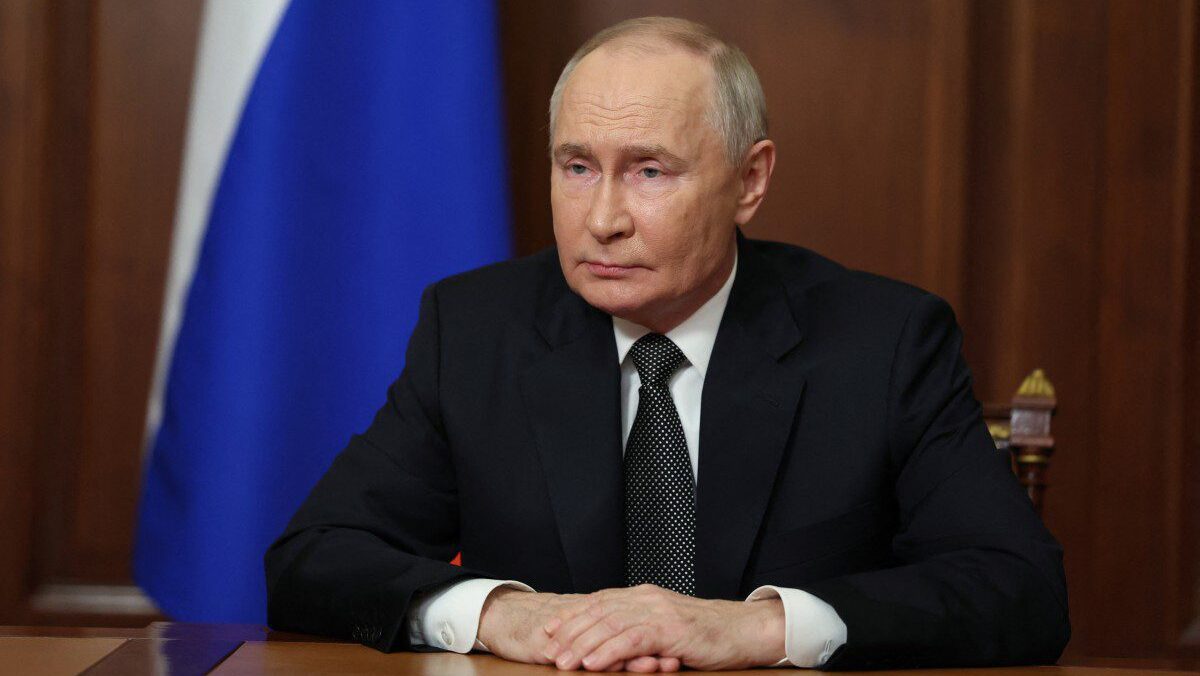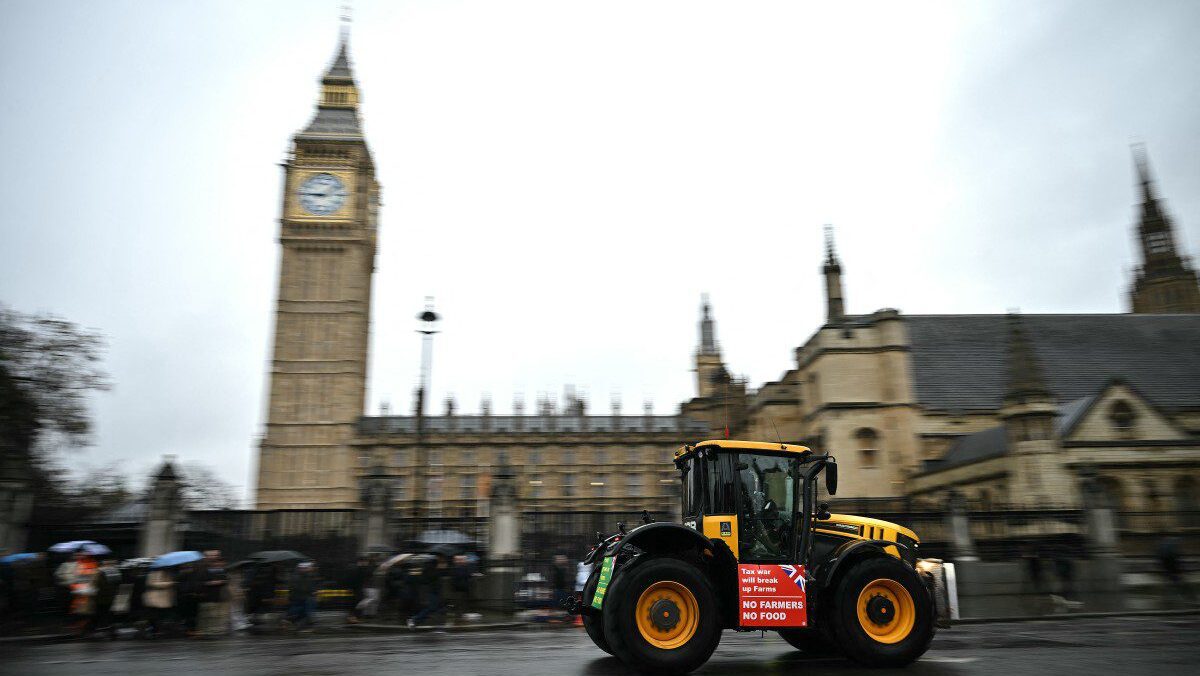Russia has fired a new mid-range ballistic missile into Ukraine in what European leaders have called an escalation of the war.
Russian President Vladimir Putin said on Thursday, November 21st, that the strike, which hit a military facility in the central Ukrainian city of Dnipro, was a test of the new missile in “combat conditions.”
The strike was a retaliation for outgoing U.S. President Joe Biden’s approval earlier this week for Ukraine to fire U.S.-supplied ATACMS missiles deep into Russian territory—seen by Moscow as an escalation of the Russian-Ukrainian war.
On Tuesday, the Ukrainian army carried out its first strike against Russia with ATACMS missiles, striking a munitions storage facility near the city of Karachev in western Russia. It then fired British-supplied Storm Shadow missiles into the western Russian Kursk region on Wednesday.
Russia’s firing of the Oreshnik hypersonic intermediate-range ballistic missile (IRBM) on Thursday was a clear retaliation. Putin said the Oreshnik was deployed “in a non-nuclear hypersonic configuration.” He stressed that modern air defence systems cannot intercept such missiles, and there are “no means of counteracting such a weapon.”
The president said that with the firing of Western missiles into Russia, the United States was pushing the world towards a global conflict, and warned the West that Moscow could strike back. “And in case of escalation of aggressive actions, we will also respond decisively and in a mirror manner,” he added.
We consider ourselves entitled to use our weapons against the military facilities of those countries that allow their weapons to be used against our facilities. If anyone else doubts this, then they are wrong—there will always be a response.
Moscow says that the Oreshnik missile can travel at ten times the speed of sound and has a range of 5,000 km, allowing Russia to strike most of Europe and the west coast of the United States. It can carry six to eight conventional or nuclear warheads. A missile launched from western Russia could reach most western European capitals within ten to twenty minutes.
The European Union called the Russian strike on Ukraine a “clear escalation from the side of Putin.” German Chancellor Olaf Scholz, who has refrained from allowing Kyiv to use German Taurus missiles, also spoke of a “terrible escalation,” and said that the deployment of the new weapon showed “how dangerous this war is.”
The spokesman for UN Secretary-General António Guterres called Russia’s actions a “worrying development,” and a Chinese foreign ministry spokesman called on all parties to “remain calm and exercise restraint, work to de-escalate the situation through dialogue and consultation, and create conditions for an early ceasefire.”
Ukrainian President Volodymyr Zelensky said, “The use of a ballistic missile against Ukraine is yet more proof that Russia has no interest in peace,” and he called for “tough reactions” from his Western allies.
Two of the most hawkish countries, the United States and the United Kingdom, both vowed to continue to support Ukraine. The deputy chief of the British defence staff, Rob Magowan went even as far as saying that Britain’s armed forces would be ready to fight their Russian counterparts “tonight” if Vladimir Putin invades another Eastern European nation.
This seems like optimistic rhetoric from a country whose army has weakened to such an extent in recent years that senior officials have warned that the public will need to be called up to fight if Britain goes to war.




